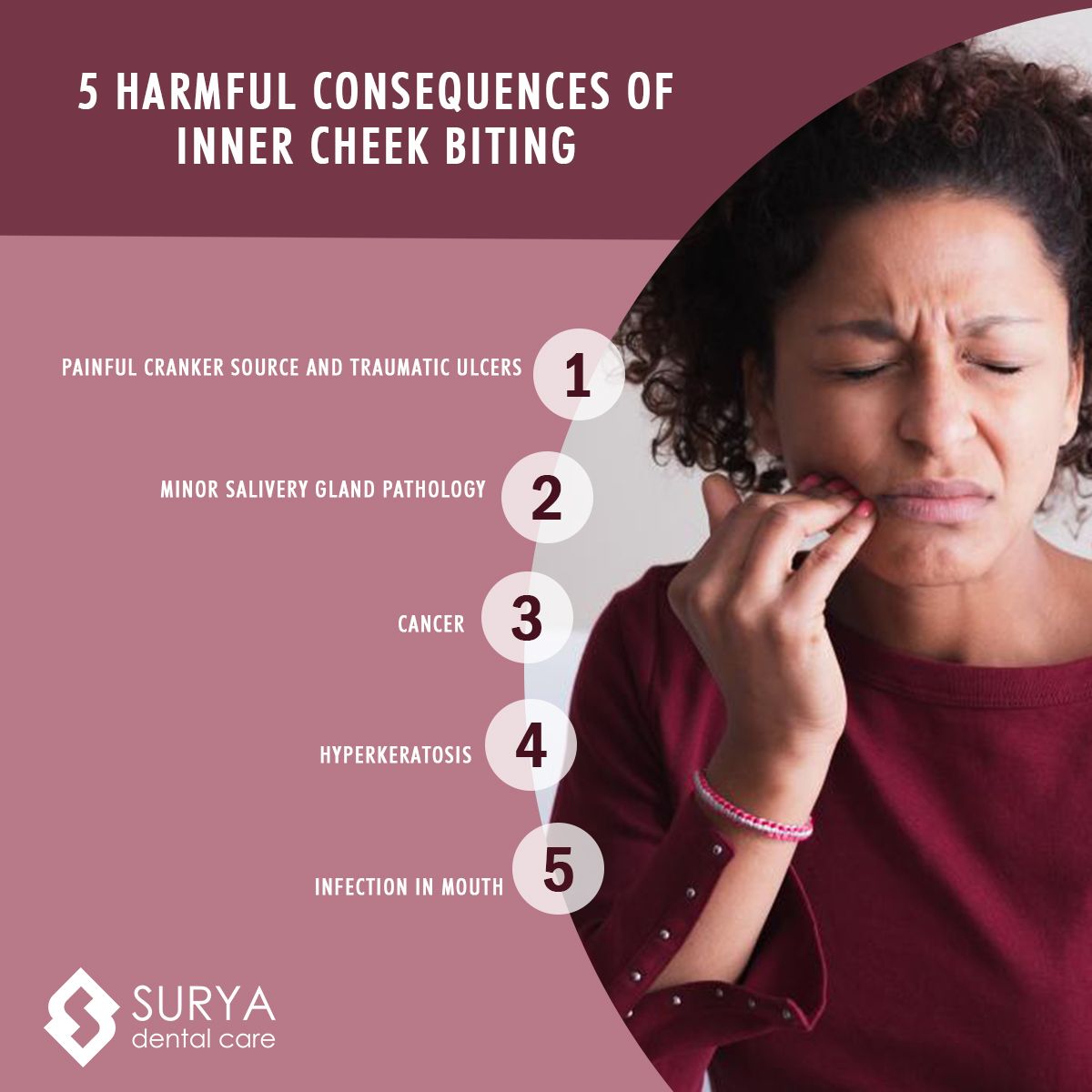Tooth Sensitivity: Relief During Early Pregnancy
The journey of pregnancy is filled with numerous physical changes, and for many women, one of the unexpected challenges is tooth sensitivity. This condition can range from mild discomfort to sharp, stabbing pain, making everyday activities like eating, drinking, or even brushing teeth a daunting task. Understanding the causes and learning how to manage tooth sensitivity during early pregnancy can significantly improve quality of life for expectant mothers.
Hormonal Changes and Tooth Sensitivity
During pregnancy, especially in the early stages, the body undergoes significant hormonal changes. One of the key hormones that affects the mouth is estrogen. Increased levels of estrogen can affect the gums, causing them to swell, bleed, and become more sensitive. This hormonal shift can also lead to a condition known as pregnancy gingivitis, which, if not properly managed, can lead to more serious dental issues like periodontitis. Additionally, the heightened sense of smell and taste during pregnancy might make women more aware of their oral health and hygiene, potentially increasing their concern over tooth sensitivity.
Acid Erosion and Dietary Factors
Pregnancy can also lead to changes in eating habits and gastric reflux, which can significantly affect dental health. Morning sickness, for instance, exposes the teeth to stomach acid, leading to erosion of the enamel. The enamel is the hard, outer layer of the teeth that protects against decay and sensitivity. When it erodes, the dentin beneath is exposed, and this can cause sharp pains and sensitivity, especially to hot or cold foods and drinks. Furthermore, cravings for sugary or acidic foods during pregnancy can exacerbate tooth decay and sensitivity.
Managing Tooth Sensitivity During Pregnancy
While tooth sensitivity can be distressing, there are several strategies that pregnant women can employ to find relief:
Desensitizing Toothpaste
Using a desensitizing toothpaste can be an effective way to manage tooth sensitivity. These toothpastes contain ingredients like potassium nitrate or strontium chloride that help block the dentin tubules in the teeth, reducing the sensation of pain. It’s essential to choose a toothpaste that carries the American Dental Association (ADA) Seal of Acceptance, which indicates that the product has met the ADA’s standards for safety and effectiveness.
Good Oral Hygiene Practices
Maintaining good oral hygiene is crucial during pregnancy. This includes brushing teeth at least twice a day with a soft-bristled toothbrush and a fluoride toothpaste, and flossing once a day. However, it’s essential to be gentle to avoid further irritating the gums. Rinsing with a fluoride mouthwash can also help strengthen tooth enamel and reduce sensitivity.
Dietary Adjustments
Making dietary adjustments can also help alleviate tooth sensitivity. Avoiding or reducing the consumption of acidic foods and drinks, such as citrus fruits and sodas, can prevent further erosion of the enamel. When consuming acidic substances, using a straw can help minimize contact with the teeth. Additionally, chewing sugar-free gum after meals can stimulate saliva production, which helps neutralize acids and remineralize teeth.
Regular Dental Checkups
Pregnancy is not a time to neglect dental checkups. In fact, it’s a critical period to maintain regular dental visits to monitor any changes in oral health and catch potential issues early. Dentists can provide personalized advice and treatments, such as applying fluoride varnishes to protect the teeth or offering guidance on proper dental care during pregnancy.
It's crucial for pregnant women to communicate openly with their dentists about their pregnancy and any concerns they have about their oral health. This ensures that they receive the best possible care and advice tailored to their specific needs.
Conclusion
Tooth sensitivity during early pregnancy can be managed with the right strategies. By understanding the underlying causes, making informed dietary choices, practicing good oral hygiene, and attending regular dental checkups, expectant mothers can reduce their discomfort and ensure a healthy smile throughout their pregnancy journey. Remember, taking care of your teeth and gums is not just about your oral health; it’s also an important part of your overall well-being and the health of your baby.
How often should I visit the dentist during pregnancy?
+It’s recommended to follow the usual schedule of dental checkups every six months, unless your dentist advises otherwise based on your individual oral health needs.
Can I use any mouthwash during pregnancy?
+Yes, but it’s best to choose a mouthwash that is alcohol-free and has the ADA Seal of Acceptance. Always consult with your dentist before starting any new oral care products during pregnancy.
Are there any home remedies for tooth sensitivity during pregnancy?
+Yes, rinsing with warm salt water several times a day can help reduce inflammation and alleviate some of the discomfort associated with tooth sensitivity. However, it’s essential to consult with your dentist for personalized advice.
